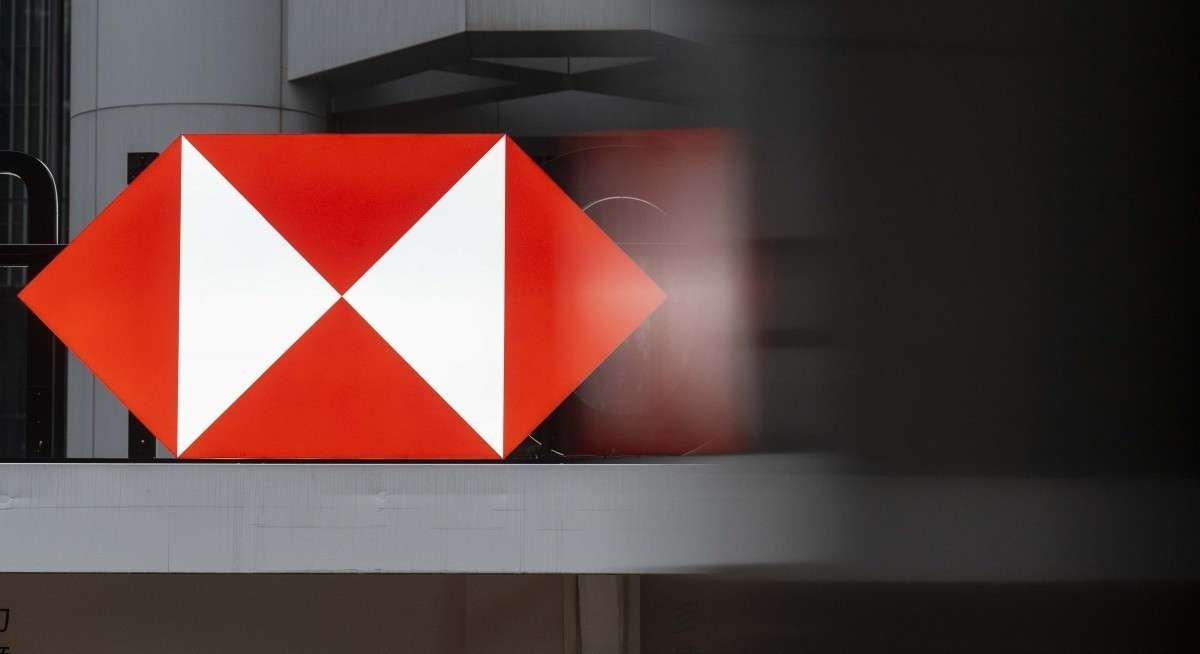“We’re making positive progress in becoming a simple, more agile, focused organisation built on our core strengths,” Chief Executive Officer Georges Elhedery said in the statement. “In the first half, we continued to execute our strategy with discipline.”
Elhedery has embarked on an overhaul of HSBC’s operations, establishing four new businesses as part of what he has called a “simplification” of the bank’s global network. HSBC, like other global lenders, has also been exposed to a series of tariffs unleashed by US President Donald Trump against trading partners.
HSBC’s charge on its holding in BoCom comes after China’s Finance Ministry recapitalised the lender earlier this year. China is grappling with a slowdown in its real estate market, even as trade tensions with the US have escalated.
The banking industry’s asset quality remains under pressure, with officials cautioning more bad debt could arise from the property market.
See also: Commerzbank’s Orlopp urges EU to keep up with US on deregulation
‘Downward Pressure’
Shares of HSBC fell slightly in Hong Kong trading. Overall pretax profit came in at US$6.3 billion for the quarter ended June 30, slightly missing estimates.
That included expected credit losses of US$1.1 billion, about US$700 million higher than a year earlier. The increase included charges related to the commercial real estate sector in Hong Kong, with the bank blaming an “over-supply of non-residential properties putting continued downward pressure on rental and capital values.”
See also: Hong Kong family offices numbers jump 25% since 2023 in wealth hub boost
HSBC is known for being the world’s largest trade bank and an anchor of commerce between the Asia Pacific region and the rest of the world. That’s meant it has become highly sensitive to the political jostling between Washington and Beijing, who have engaged in a tit-for-tat trade war this year.
HSBC “is well positioned to manage the changes and uncertainties prevalent within the global environment in which we operate, including in relation to tariffs,” according to its statement. The lender added the tariffs may have a “relatively modest impact” on its revenue.
The London-headquartered lender also said Wednesday, that it would repurchase stock worth US$3 billion, adding to the roughly US$5 billion it has already announced this year.




